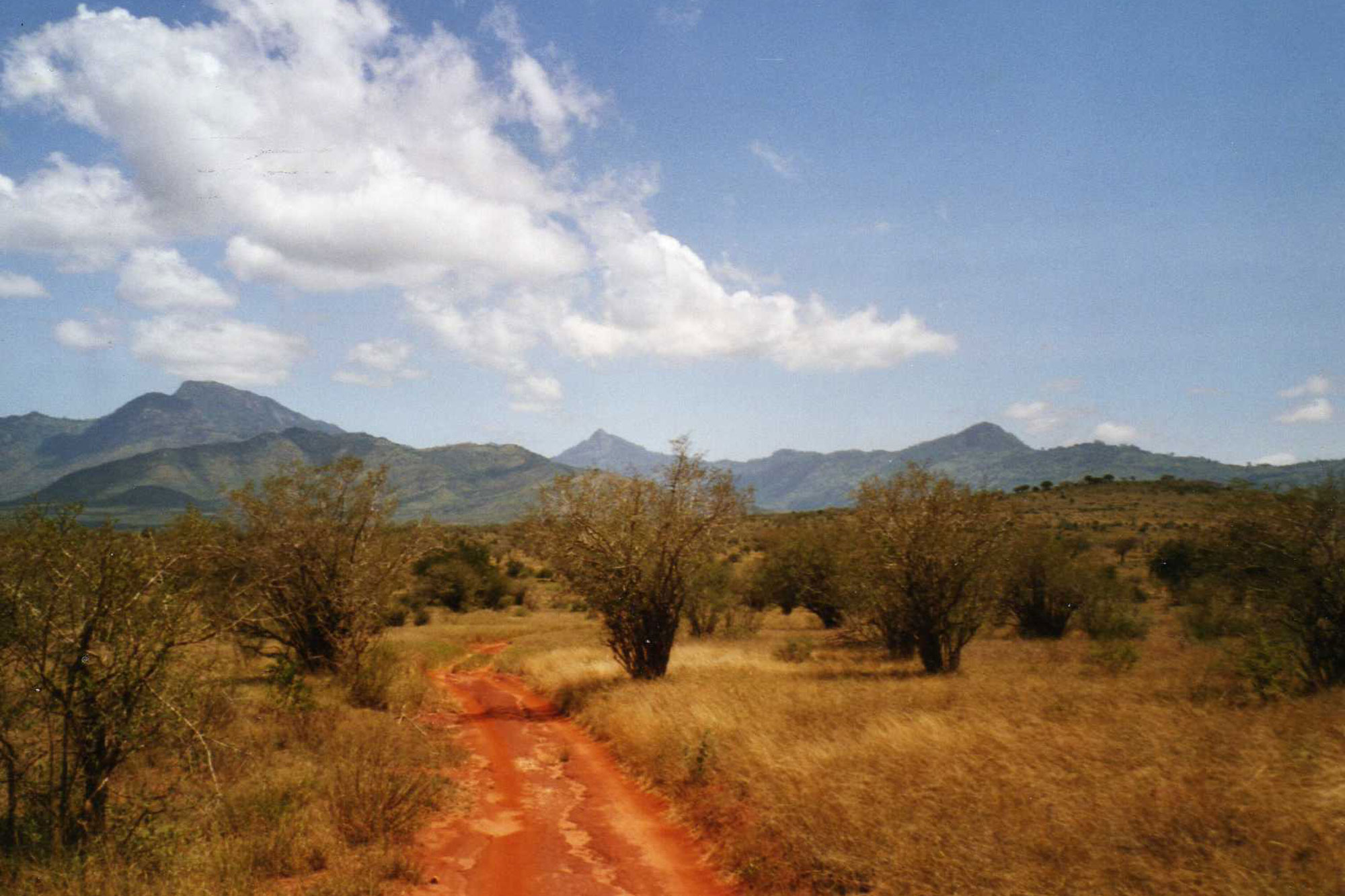The main aim of this project is to facilitate diversified livelihoods in the Taita Taveta region of Kenya that are linked to sustainable natural resource management. This will be achieved by marrying poverty-alleviation and biodiversity conservation. The project also aims to enhance ecosystem services in a way that provides a model for use beyond the project area.
| Principal Investigator: | Dr. Jim Groombridge |
|---|---|
| Co-Investigators: | Professor Richard Griffiths |
| Dates: | 1st July 2014 – 31st June 2017 |
| Funding: | Darwin Initiative |
| Partners: | Kenya Forest Service; Taita Taveta Wildlife Forum; Nature Kenya; Zoological Society of London and; International Institute for Environment and Development |

In poverty-stricken areas, enhancing local livelihoods whilst conserving biodiversity and ecosystem services is a major challenge. Most poverty-alleviation projects fail due to poor outcomes in local conservation initiatives. This results in no long-term livelihood benefits. The Taita Hills (Biodiversity Hotspot, Birdlife IBA) contain many endemic, threatened species, but suffer high unemployment (>66% below the poverty-line). Loss of indigenous forest has degraded environments for both farming and biodiversity and compromised ecosystem services. This situation threatens the role of the region as a crucial water-catchment for lowland areas (including Tsavo National Parks). Poor harvests make subsistence-farming alone unfeasible. Rectifying this situation requires a raft of livelihood initiatives to increase volume, stability and accessibility of alternative incomes.

The project will look at tying livelihood gains to biodiversity gains by building capacity and strengthening the focus of the Taita Taveta Wildlife Forum on livelihood diversification and sustainable environmental management. This initiative will improve food and water security. A number of sustainable livelihood initiatives (thoroughly ground-tested by TTWF) are intended to increase income and income stability for both men and women, and for a range of ages and physical abilities. In addition, habitat re-connectivity and soil restoration will benefit three Critically-Endangered Taita endemics (Taita thrush, Taita apalis and Sagalla caecilian), and at least three other threatened forest-specialists.


